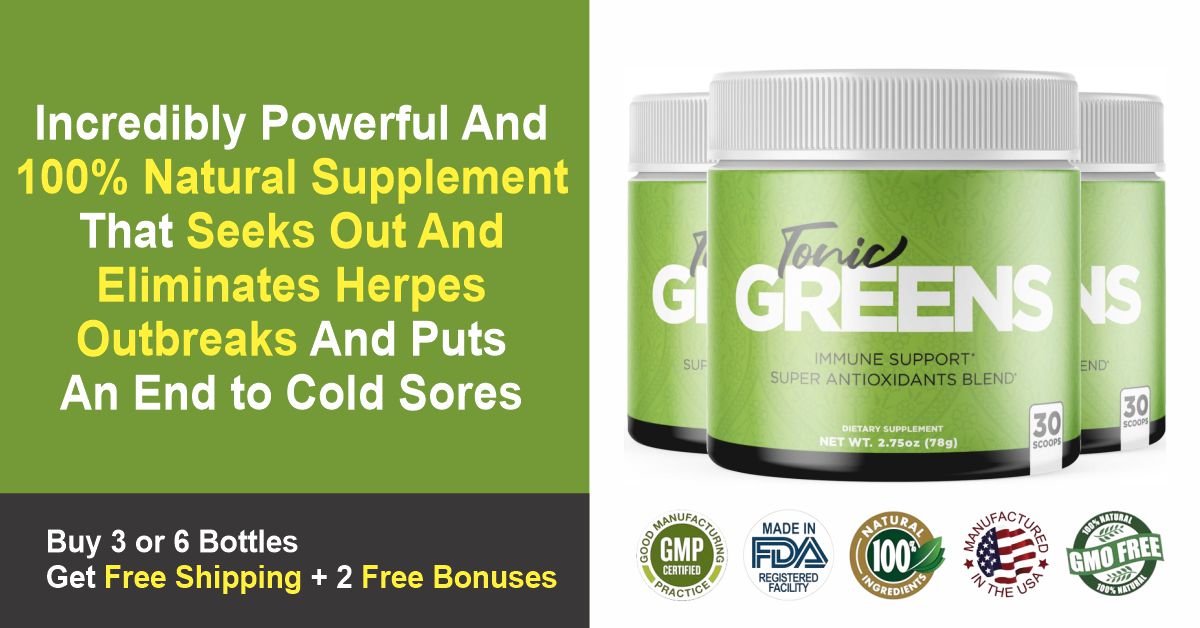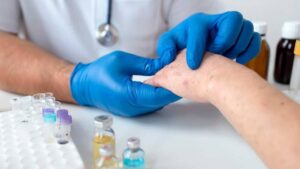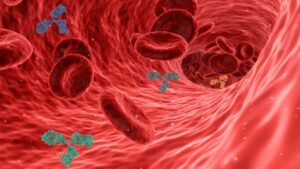It is recommended to avoid certain foods during herpes outbreaks because they can have a negative impact on the symptoms and severity of herpes.
Here are the 8 types of foods that are recommended to avoid during herpes outbreaks, as they have the potential to trigger or worsen symptoms commonly associated with the herpes virus.
1 – Arginine-rich foods
Arginine is an amino acid that can trigger herpes outbreaks as it promotes viral replication. Avoid consuming foods like nuts, seeds, chocolate, whole grains, and certain types of proteins (such as red meat and poultry). Reducing the intake of these foods can help prevent outbreaks.
2 – Processed and sugary foods
Processed foods, such as fast food, sweets, sodas, and packaged foods, often contain high levels of refined sugar. Excessive sugar consumption can weaken the immune system and increase the risk of herpes outbreaks. Opt for a healthy and balanced diet rich in fruits, vegetables, whole grains, and lean proteins.
3 – Alcoholic beverages
Consuming alcoholic beverages can diminish the body’s immune response, making it more susceptible to infections, including herpes. Additionally, alcohol can interfere with the effectiveness of antiviral medications prescribed for herpes treatment. During outbreaks, it is best to avoid alcohol consumption.
4 – Spicy foods
Spicy foods, such as peppers, spicy sauces, and strong condiments, can irritate herpes lesions and worsen symptoms. During outbreaks, it is advisable to avoid these foods to promote healing and alleviate discomfort.
5 – High-caffeine foods
Caffeinated beverages like coffee, black tea, and energy drinks can negatively affect the immune system and increase susceptibility to herpes outbreaks. Caffeine can also interfere with sleep and cause stress, which can trigger or worsen outbreaks. During these periods, it is advisable to limit the intake of high-caffeine foods.
6 – Salty foods
Excessive consumption of salty foods can lead to dehydration, which can compromise skin health and reduce the body’s ability to fight infections, including herpes. Additionally, excess salt can contribute to inflammation, prolonging the healing of lesions. It is recommended to limit the intake of salty foods during outbreaks.
7 – Histamine-rich foods
Some histamine-rich foods, such as fermented foods (aged cheese, yogurt, wine) and processed meats (ham, salami), can trigger herpes outbreaks in some individuals. Histamine is a chemical compound released by the immune system during allergic reactions and inflammation, and it can worsen herpes symptoms. It is important to observe your body’s response to these foods and avoid those that seem to trigger outbreaks.
8 – Individual allergenic foods
While there is no specific list of allergenic foods that affect all herpes carriers, some people may be sensitive to certain foods that can trigger or worsen outbreaks. It is important to pay attention to your own patterns and identify which foods may be related to your herpes outbreaks.
If you notice a correlation between a specific food and the onset of outbreaks, it is recommended to avoid it during periods of viral activity.
Sumary
When dealing with herpes outbreaks, diet plays an important role in managing symptoms and reducing the frequency and severity of outbreaks. Avoiding certain foods, such as those high in arginine, acidic foods, processed foods, alcoholic beverages, spicy foods, caffeine, and salty foods, can help control outbreaks and promote faster healing.
Additionally, being mindful of histamine-rich foods and potential individual allergens can be beneficial for some people. Remember that each person may react differently, so it’s important to observe your own body’s response and adapt your diet accordingly. Consulting a healthcare professional or a nutritionist can also provide personalized guidance and assist in herpes management.
Also read: 6 Triggers That Can Trigger Herpes Outbreaks




